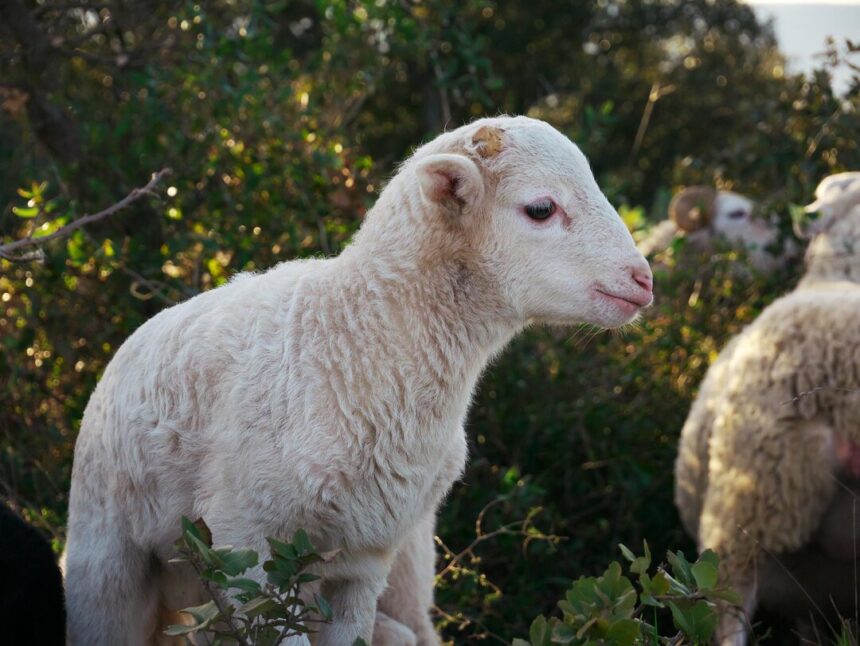Dohne Merino sheep are a highly prized breed known for their superior wool and meat production, as well as their adaptability to a variety of climates and management systems. Originally developed in South Africa, Dohne Merinos have gained recognition worldwide for their exceptional qualities. If you’re considering breeding and farming Dohne Merino sheep in South Africa, here are 10 important things you should know:
1. Dual-Purpose Breed
Dohne Merino sheep are renowned for their dual-purpose capabilities, excelling in both wool and meat production. They produce high-quality, fine wool prized for its softness, elasticity, and crimp, as well as tender and flavorful meat suitable for various culinary applications.
2. Exceptional Wool Quality
The wool of Dohne Merino sheep is highly sought after for its superior quality and performance. Dohne wool is renowned for its fine micron, uniformity, and resilience, making it ideal for high-end textile applications and providing excellent returns for wool producers.
3. Meat Production
In addition to their wool production, Dohne Merinos are valued for their meat quality and yield. They produce well-marbled, tender meat with excellent flavor, making them a popular choice among sheep farmers and meat consumers alike.
4. Adaptability to Various Climates
Dohne Merino sheep are highly adaptable to a wide range of climates and environmental conditions. They thrive in diverse landscapes, from the harsh arid regions of South Africa to the cooler temperate climates of the country’s highlands, making them well-suited for extensive farming systems.
5. High Fertility and Reproductive Performance
Dohne Merino sheep are known for their high fertility and reproductive efficiency, with ewes typically producing multiple lambs per lambing season. This high fertility rate, combined with good mothering abilities, contributes to increased lambing percentages and overall productivity in breeding flocks.
6. Vigorous Growth Rates
Dohne Merino lambs exhibit rapid growth rates from birth to market weight, making them efficient converters of feed into meat. This fast growth rate, coupled with their high feed efficiency, allows Dohne Merino producers to achieve optimal production levels and profitability.
7. Genetic Selection and Improvement
The development of the Dohne Merino breed is the result of rigorous genetic selection and breeding programs aimed at improving wool and meat traits while maintaining hardiness and adaptability. Breeders have focused on selecting for traits such as wool quality, meat yield, fertility, and resistance to parasites and diseases.
8. Ease of Management
Dohne Merino sheep are known for their calm temperament and ease of management, making them well-suited for both experienced and novice farmers. They are docile and easy to handle, making tasks such as mustering, shearing, and lambing more efficient and stress-free.
9. Wool Market Demand
The global demand for fine wool continues to drive interest in Dohne Merino sheep, with producers benefiting from strong prices and stable markets for their wool. Dohne wool is highly sought after by textile manufacturers for its exceptional quality and versatility, ensuring continued demand and profitability for wool producers.
10. Supportive Breeder Community
Dohne Merino breeders in South Africa are part of a supportive and collaborative community dedicated to promoting and improving the breed. Breed associations, research institutions, and industry organizations provide resources, support, and networking opportunities for breeders and farmers across the country.
Breeding and farming Dohne Merino sheep in South Africa offer numerous benefits, including dual-purpose capabilities, exceptional wool and meat quality, adaptability to diverse climates, and ease of management. By understanding these 10 key aspects of Dohne Merino husbandry, aspiring breeders and farmers can successfully integrate this versatile breed into their farming operations and contribute to the continued success and sustainability of the South African sheep industry.
Join 'Farmers Mag' WhatsApp Channel
Get the latest Farming news and tips delivered straight to your WhatsApp
CLICK HERE TO JOIN






